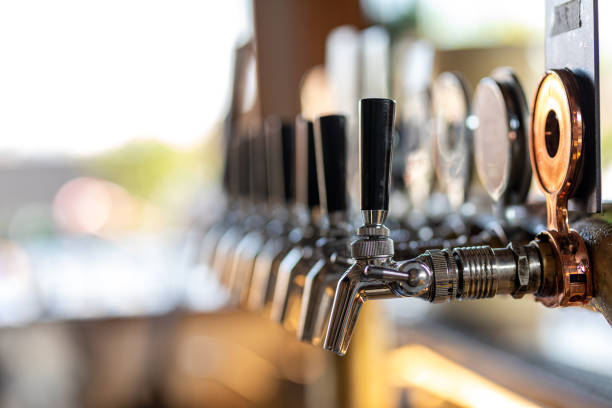Man dies after beer lines cleaned with toxic chemicals
A man has died and two of his friends were hospitalised after drinking beer which it is believed could have contained toxic cleaning chemicals.

The incident occurred in a pub in Winston Salem, North Carolina, shortly after a contractor came into the venue to clean the beer lines.
Connor Sebastian and two other people that he was drinking with started vomiting after drinking beer at the Burke Street Pub, with a member of bar staff calling emergency services, informing them that the people had all drunk the “exact same beer”.
According to the bartender, the people said it was “burning their throats and burning their mouths”. They also said that they believed the contractor who had cleaned the lines had left some product in one of the pipes.
All three who were impacted by the situation were subsequently taking to hospital, but Sebastian later died.
Partner Content
A statement put out by the owner of the Burke Street Pub, Tiffany Howell, said the venue extended its condolences to the family.
The firm who cleaned the lines, Caffey Distributing, also put out a statement through its president, Mark Bowman, which said: “We are investigating the matter and have no further comment at this time.”
According to the firm’s website, it offers a fortnightly and quarterly cleaning service. The site states: “Some of the natural by-products of beer such as hop resin, grain protein, and bio-film can leave deposits in a draft system. Therefore, these systems must be properly cleaned every 14 days with a cleaning solution referred to as caustic, and 90 days with acid.
“Without proper cleaning and maintenance, these deposits will affect the flavor of the beer and ultimately undermine the system’s ability to deliver quality beer. Other factors must also be monitored such as age, environment and rotation of taps.
Related news
Why we are witnessing the rise of Thai craft beer in America




